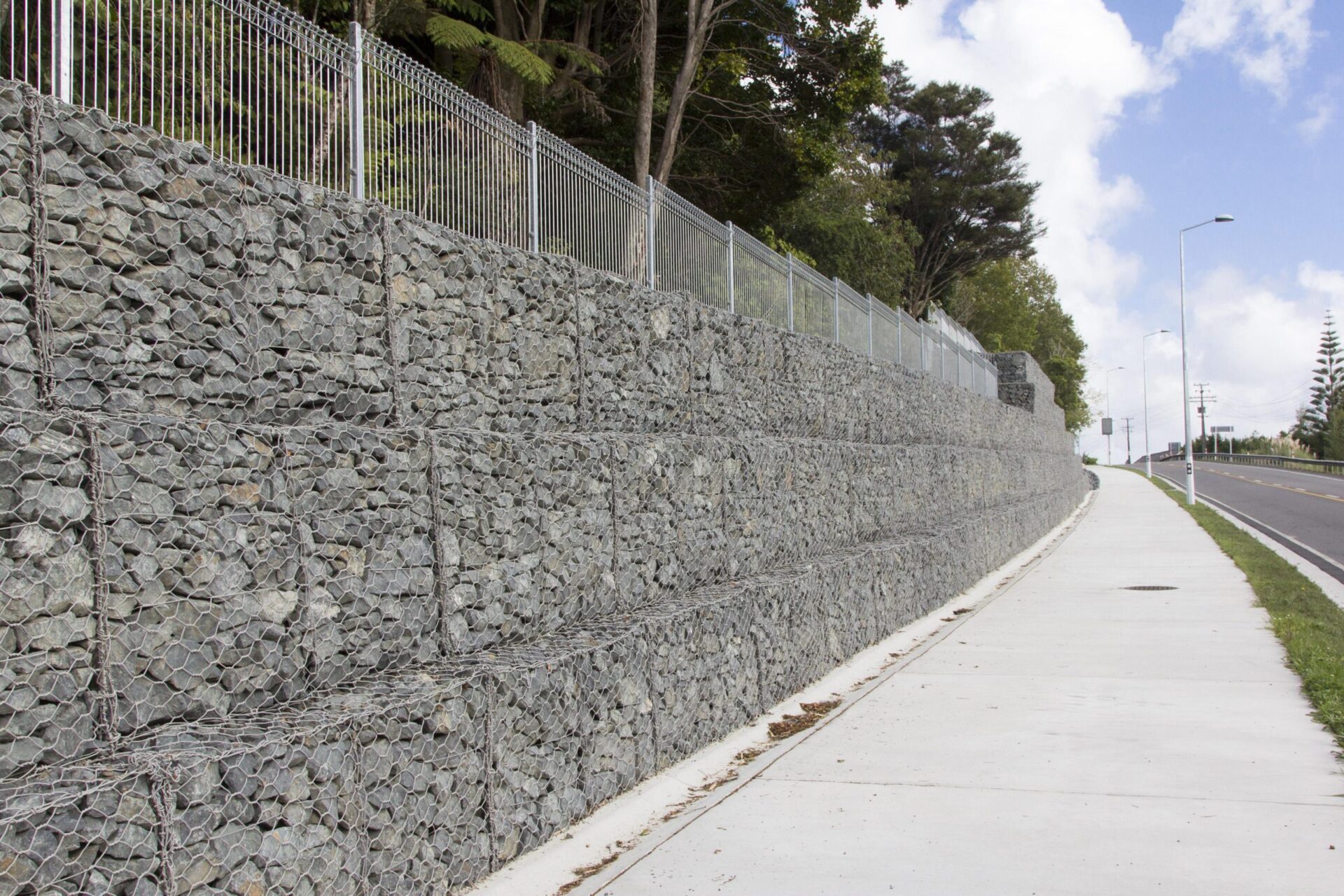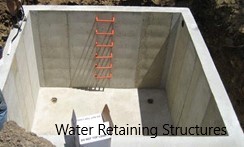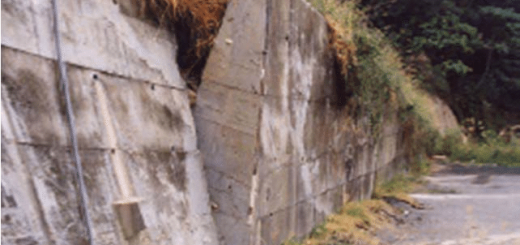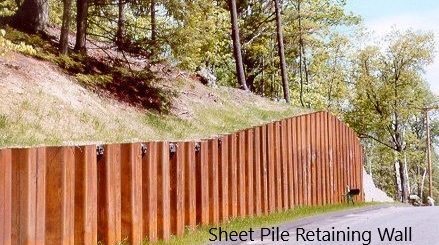Gabion Walls: Enhancing Strength & Sustainability
Gabion walls have emerged as a popular solution for various construction and landscaping needs. These unique structures offer a combination of strength, flexibility, and visual appeal that makes them an attractive choice for a wide range of applications. In this article, we will delve into the world of gabion walls, exploring their benefits, construction process, maintenance requirements, design options, and more.
What are Gabion Walls?
Gabion walls are essentially wire mesh containers filled with stones or other suitable materials. These containers, commonly known as gabion baskets, are stacked and interconnected to form a robust structure capable of withstanding various forces. The wire mesh design allows for the free flow of water, making gabions an excellent solution for erosion control and drainage management.
Factors to be Considered Designing Gabion Wall
When designing gabion walls, several factors need to be considered to ensure their effectiveness and stability. Here are the key factors to keep in mind:
- Purpose and Function: Determine the specific purpose of the gabion wall, such as erosion control, retaining soil, creating a noise barrier, or enhancing aesthetics. This will influence the design considerations and specifications.
- Site Conditions: Evaluate the site where the gabion wall will be constructed. Consider factors such as soil type, slope stability, groundwater levels, drainage patterns, and seismic activity. Site conditions directly impact the design and construction requirements.
- Wall Height and Slope: Determine the desired height and slope of the gabion wall. The height affects the wall’s stability and the need for additional reinforcement. Slope angles may require specialized design considerations to ensure stability against lateral forces.
- Load-Bearing Capacity: Assess the anticipated loads that the gabion wall will need to withstand, including soil pressure, water pressure, and any surcharge loads. Consider both static and dynamic loads when determining the required strength of the wall.
- Gabion Basket Design: Select the appropriate size, shape, and thickness of the gabion baskets based on the wall’s height, soil characteristics, and load requirements. The wire mesh size and gauge should be chosen to withstand the expected loads.
- Filling Material Selection: Choose suitable filling materials for the gabion baskets, such as natural stones, rocks, or recycled concrete. Consider the size, shape, and durability of the material to ensure proper compaction and stability.
- Drainage Considerations: Proper drainage is crucial to prevent water buildup behind the gabion wall, which can lead to hydrostatic pressure and instability. Incorporate drainage provisions such as weep holes, geotextile filters, or perforated pipes to allow water to flow freely.
- Reinforcement Measures: Depending on the wall’s height, soil conditions, and design requirements, additional reinforcement measures may be necessary. This could involve using geogrids, soil nails, or other stabilization techniques to enhance the wall’s strength.
- Aesthetics and Integration: Consider the visual appearance of the gabion wall and how it integrates with the surrounding environment or architectural design. Explore options for different stone colors, textures, and patterns to achieve the desired aesthetic effect.
- Regulatory and Engineering Standards: Adhere to local building codes, regulations, and engineering standards when designing gabion walls. Ensure compliance with any specific requirements related to wall height, safety factors, or environmental considerations.
Special Benefits
- Durability and Strength: Gabion walls are highly durable and can withstand significant loads, making them suitable for retaining walls and other applications that require structural stability.
- Flexibility and Versatility: The modular nature of gabions allows them to adapt to different terrains and contours, making them ideal for projects with irregular shapes and varying heights.
- Cost-effectiveness: Gabion walls can be an economical choice compared to traditional wall systems, as they often require fewer materials and simpler construction techniques.
- Environmental Sustainability: The use of natural stone and the permeability of gabion walls promote ecological balance by allowing water to flow through and enabling vegetation growth.
Common Applications of Gabion Walls: Gabions find extensive use in various scenarios, including:
- Erosion Control: They effectively stabilize soil and prevent erosion along riverbanks, coastlines, and steep slopes.
- Retaining Walls: Gabion walls provide reliable support for earth embankments, preventing soil movement and potential structural failures.
- Landscape Design: They add an aesthetic element to outdoor spaces, creating visually appealing features like garden walls, seating areas, and decorative accents.
- Noise Barriers: The mass and density of gabions make them efficient at reducing sound transmission, making them suitable for noise control in urban areas.
Gabion walls have revolutionized the field of construction and landscaping with their unique combination of strength, versatility, and aesthetic appeal. Whether it’s erosion control, retaining walls, or landscape design, gabion walls offer a sustainable and cost-effective solution. Their durability, flexibility, and ability to blend with the environment make them a popular choice among architects, engineers, and homeowners alike.
FAQs Gabion Walls
- Are gabion walls suitable for all soil types? Gabions can be constructed on various soil types, including clay, sand, and gravel. However, proper engineering analysis is necessary to ensure stability and account for soil conditions.
- Can gabion walls be used in flood-prone areas? Yes, gabion walls can be effective in flood-prone areas. Their permeable design allows water to pass through, reducing hydrostatic pressure and minimizing the risk of structural damage.
- How long do gabion walls typically last? Gabions have a lifespan of 50 years or more, depending on factors such as maintenance, exposure to elements, and the quality of materials used.
- Can gabion walls be installed as DIY projects? While some small-scale gabion wall projects




